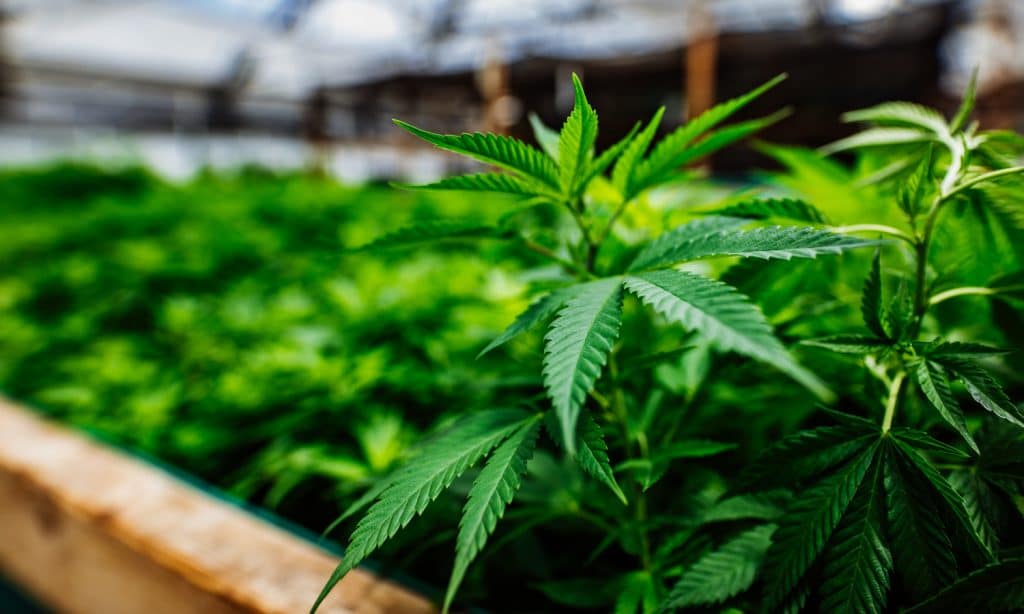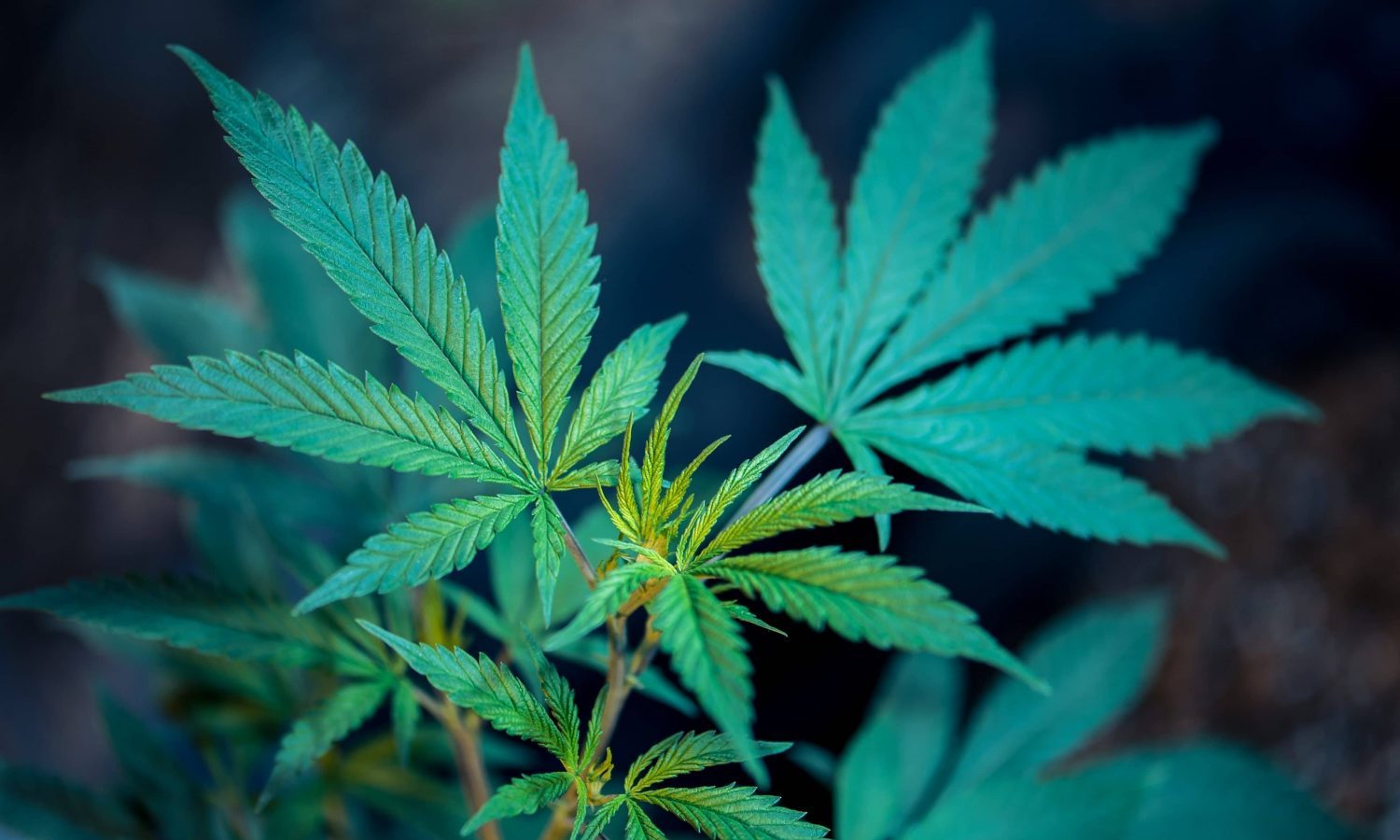With other “legal” substances, free rein in terms of production is not always associated with a taxed and regulated system. In fact, it usually isn’t.
While more states across the U.S. have legalized marijuana for one reason or another, not all of them will have the same rules and regulations by the time they roll out their markets. One of the main points of contention that officials often run into when trying to put these scenes together is whether people should be allowed to grow their own weed at home for personal use.
Some lawmakers argue that home grows contribute to the black market, while others believe it disrupts the course of legal commerce and cheats local and state governments out of tax dollars.
Meanwhile, cannabis advocates complain that it isn’t really legalization without the freedom to grow their own. In some states where medical and recreational cannabis is legal, the rules allow adults to cultivate between 2-4 plants at home for personal use. In the early days, Colorado’s system made it easy for people to grow nearly 100 plants without getting into any trouble with the law. That rule has since changed. The state found that allowing home gardens that much flexibility did, in fact, provide a serious loophole that really only benefited criminal organizations.
In other states, however, although marijuana is legal to buy and sell, it’s still a crime to grow it at home. New Jersey, which just legalized in the 2020 election, is so dead set against people growing weed at home that they are fully prepared to put them in jail. And we’re not talking about a night or two in the county slammer. Anyone who grows 10 plants or more can be sentenced to 10-20 years in prison. Part of that sentence includes a mandatory minimum, so there is no chance of an offender entering into a plea agreement. Even growing smaller amounts at home would be considered a crime and treated with some rather harsh consequences.
But is banning home grow still considered legalization?
That depends on who you ask. To some, having the ability to step inside a cannabis dispensary, flash an ID, fork over some cash, and walk away with legal weed is enough progress to fall into the definition of legalization. It beats chasing down drug dealers. Others think that as long as the government has a foot on the neck of the average citizen — telling them that they can’t grow weed — there’s nothing legal about it. But if we look at other “legal” substances, free rein in terms of production is not always associated with a taxed and regulated system. In fact, it usually isn’t.
For example, alcohol was made legal once again in the United States back in 1933 following years of prohibition. But it wasn’t until 45 years later that the law was changed to allow people to brew their own beer and wine at home. President Jimmy Carter signed a law in 1978 legalizing homebrewing at the federal level. Until then, it was mostly done by bootleggers and later in specialized clubs. There are, however, still restrictions on homebrewing, and those rules vary from state to state. Some jurisdictions don’t allow beer over a certain ABV, and some restrict the amount that can be produced. In the eyes of the federal government, distilling spirits at home for personal use remains a crime. Still, most Americans would consider alcohol fully legal.

What about tobacco? Well, most adult citizens are perfectly content with getting their tobacco from retail outlets. But it is legal to grow at home for personal use. The production of tobacco is regulated by the U.S. Food and Drug Administration and the Bureau of Alcohol, Tobacco and Firearms. Still, the rules do not restrict people from growing their own. And there are no quantity restrictions either, so Americans can plant fields of it if they want to. But selling or even trading homegrown tobacco for goods and services is a federal crime that comes with significant penalties. Some could even land a person in prison. Yet, most would say the product is fully legal.
RELATED: Should COVID-19 Allow Medical Patients To Grow Marijuana At Home?
Marijuana will get its time, eventually. It’s possible that federally taxed and regulated marijuana could get started in the United States like alcohol, and no home production would be allowed. Then again, the rules could borrow from states like Colorado and California and give people the freedom to cultivate small amounts for personal use. But that’s only if Big Marijuana doesn’t have a say in the matter.
RELATED: Industrial Hemp Is Now Legal: Can I Grow It At Home?
Some cannabis companies argue that they cannot climb to profitability if people are allowed to grow weed at home. So it is possible, depending on which lobbying efforts sway lawmakers first, that we could see a time when home pot gardens are banned everywhere.
Hemp is a prime example of what is likely to come with respect to legality. Although this crop is legal to grow and sell at the federal level, regular citizens cannot cultivate it at home for any reason. Whether this concept falls in line with the term “legalization” well, that’s up to the individual to decide.


